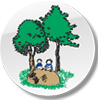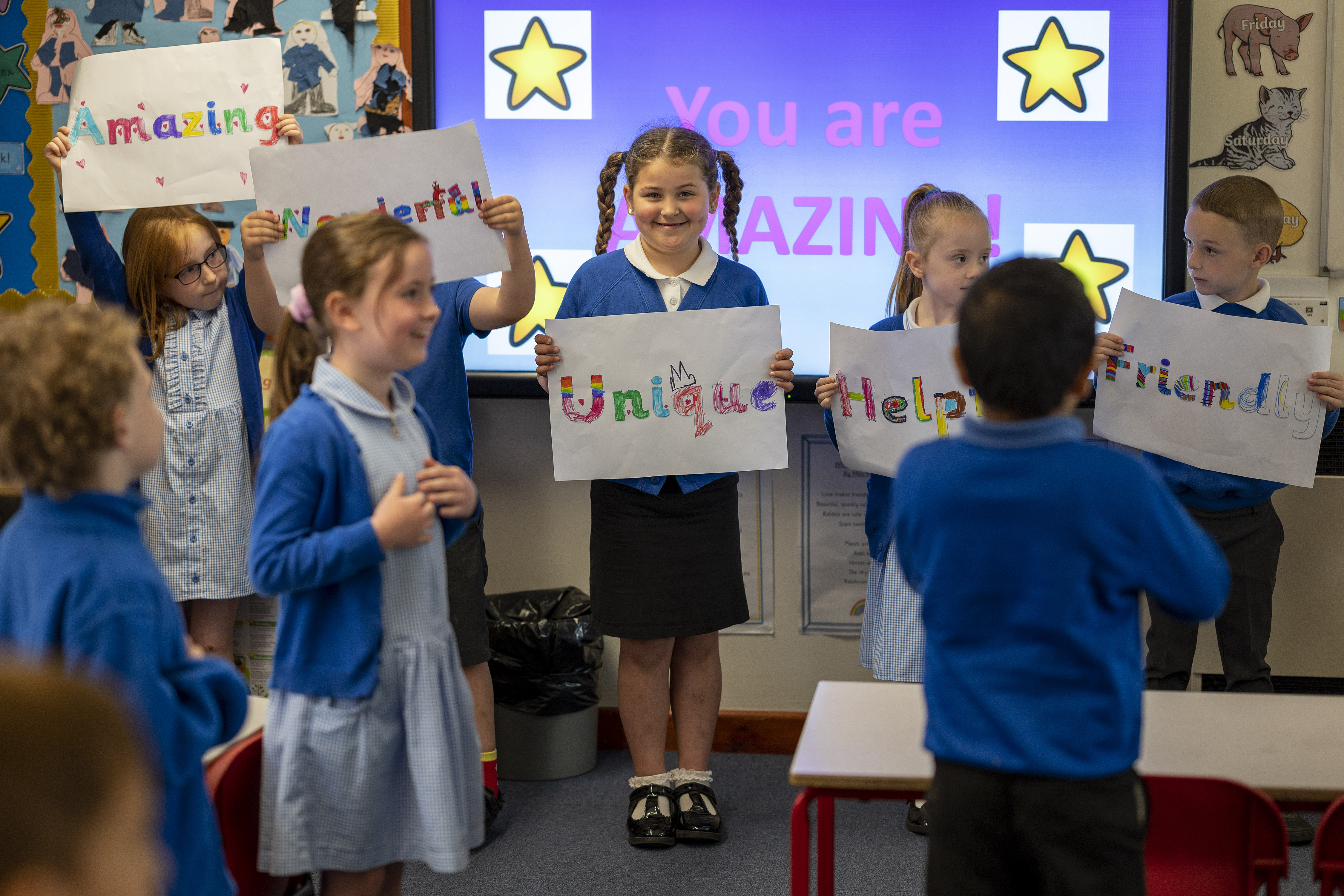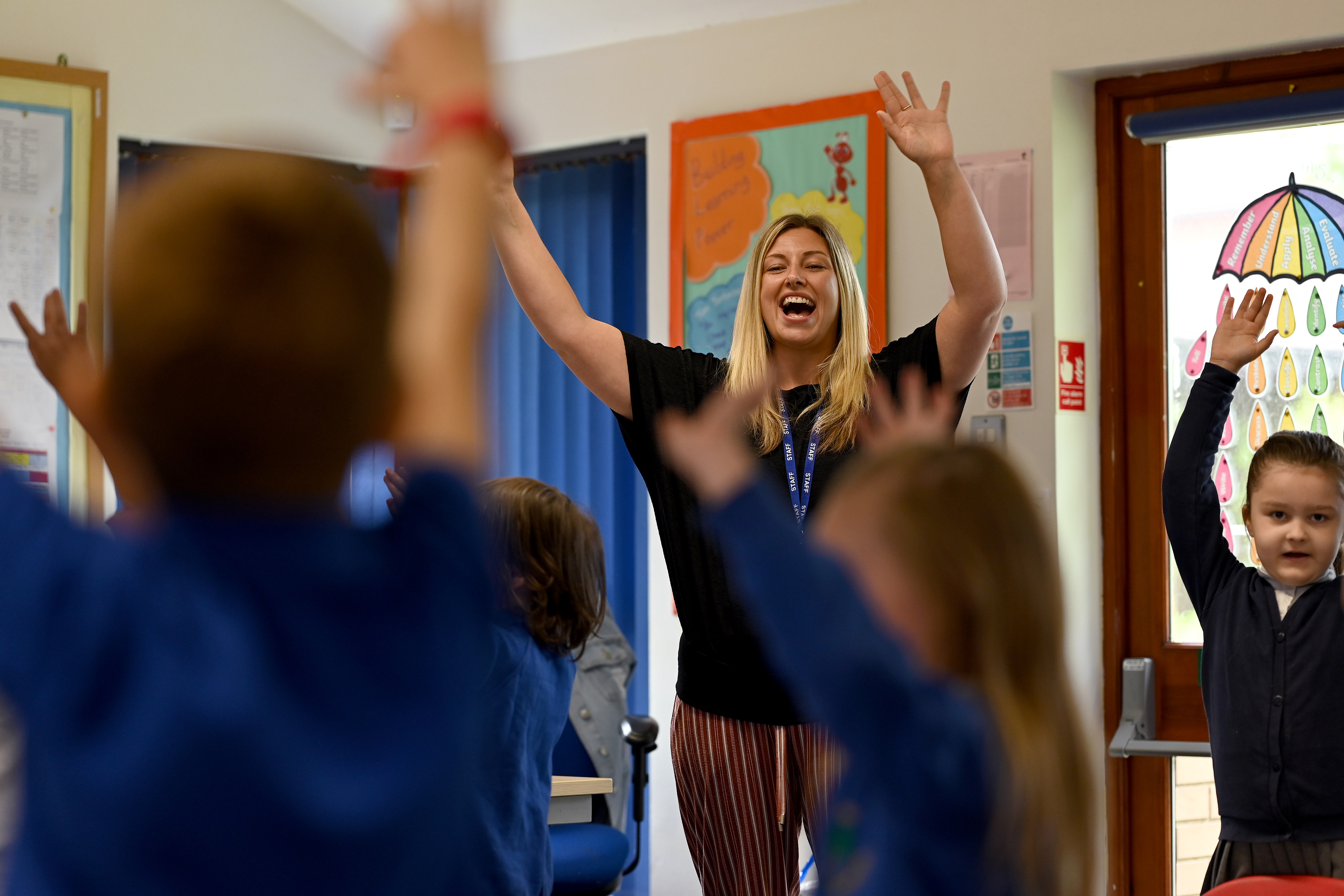RHE (Relationships and Health Education) at Lawley Primary School
Our school vision
The whole school community at Lawley have high expectations for our children, and strive to ensure they leave school as confident, polite and independent young people, with the appropriate skills, values and learning to become successful in whatever their future will be. We aspire to instil in all our children a desire to never stop learning and to have the courage to succeed in whatever they do, across all areas of school life and beyond. At Lawley we are ‘Planting the seeds, growing the future.’
Led by Ingrid Wolf
Intent
At Lawley, we use the KAPOW scheme to deliver the majority of our RHE curriculum. The curriculum covers key areas which will support children to make informed choices now and in the future around their health, safety, wellbeing, relationships and financial matters and will support them in becoming confident individuals and active members of society. KAPOW’s scheme covers the Relationships and Health Education statutory guidance (as set out from the Department for Education), including the non-statutory sex education. Children’s learning through this scheme would significantly contribute to their personal development as set out in the Ofsted Inspection Framework and promotes the four fundamental British values which reflect life in modern Britain: democracy; rule of law; respect and tolerance and individual liberty.
Implementation
Relationships and Health education (RHE) is now a vital part of the school curriculum, recently made statutory by the DfE.
The KAPOW scheme splits lessons into 6 main areas: health and wellbeing; family and relationships, safety and the changing body; citizenship, economic wellbeing and transition as well as Year 6 also having a lesson on identify.
Children will develop their knowledge as they progress through school and will know these by the end of Y6:
- I know families are made up of different structures
- I know how to create and maintain positive friendships
- I know how to develop safe and respectful relationships
- I know that changes take place during puberty and what they are
- I know what good health is and know some basic first aid.
- I know how to make independent choices
The lessons are based upon the statutory requirements for Relationships and Health Education, but where the lessons go beyond these requirements (primarily in the Citizenship and Economic wellbeing areas) they refer to the PSHE Association’s Programme of Study which is recommended by the DfE.
The curriculum is also supplemented by other lessons such as ‘Expect Respect (domestic violence) , NSPCC ‘PANTs’ (inappropriate touch), SEED (eating disorders) and we use project evolve for teaching our online safety. We also have awareness and celebration days/weeks to support the curriculum, such as Children’s mental health week and LBGTQ month.
The scheme is progressive, meaning the lessons build upon each other each year and children can revisit previous topics to build upon prior learning.
A range of teaching and learning activities are used and are based on good practice in teaching RHE education to ensure that all children can access learning and make progress. In each year group an introductory lesson provides the opportunity for children and teachers to negotiate ground rules for the lessons. These introductory lessons can then be referred to throughout the year to help create a safe environment. All lessons can be differentiated to stretch the most able learners and give additional support to those who need it.
Lessons include stories, scenarios and video clips to provide opportunities for children to engage in real life and current topics in a safe and structured way. Role-play activities are also included to help children play out scenarios that they may find themselves in. This allows children to know more, remember more and do more with their new skills and knowledge.
Impact
All KAPOW lessons have an assessment quiz that can be carried out at the start of a unit or the beginning of a year and then repeated at the end to demonstrate how much the children have learnt. Questioning is used throughout lessons to assess but also to help move forward learning.
The implementation of this curriculum ensures that, by the time children leave Lawley Primary School, they will have the skills, knowledge and attitudes that they need to effectively navigate the complexities of life in the 21st Century.


